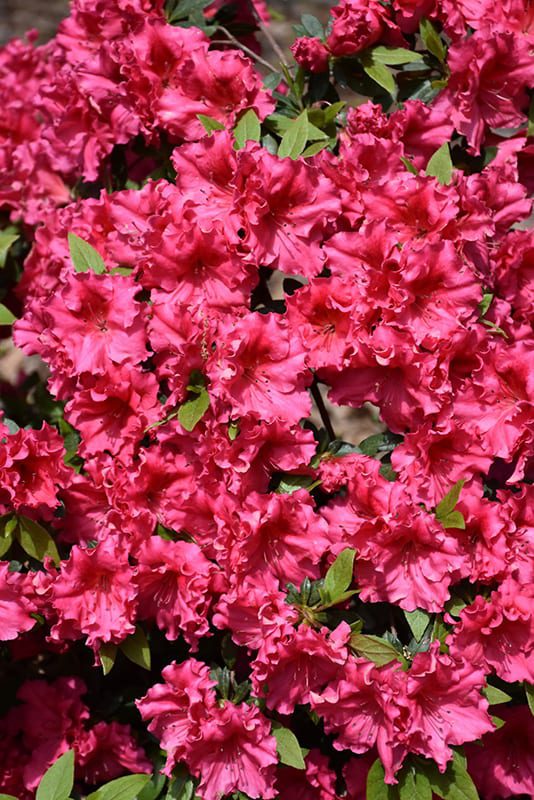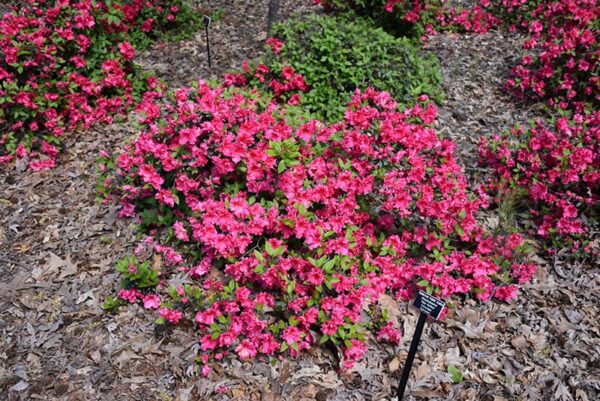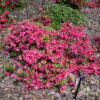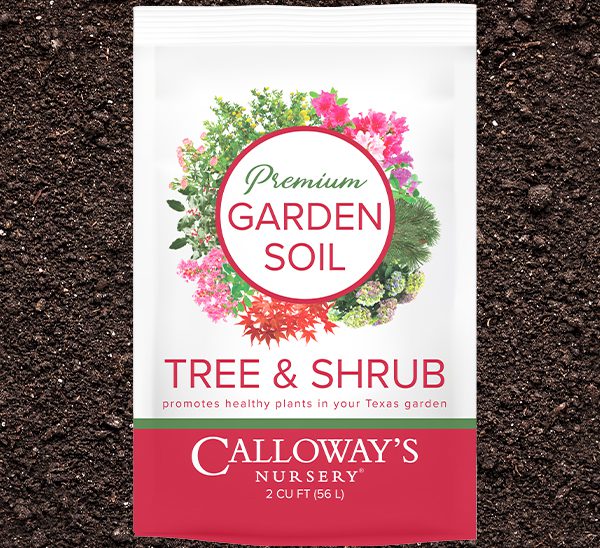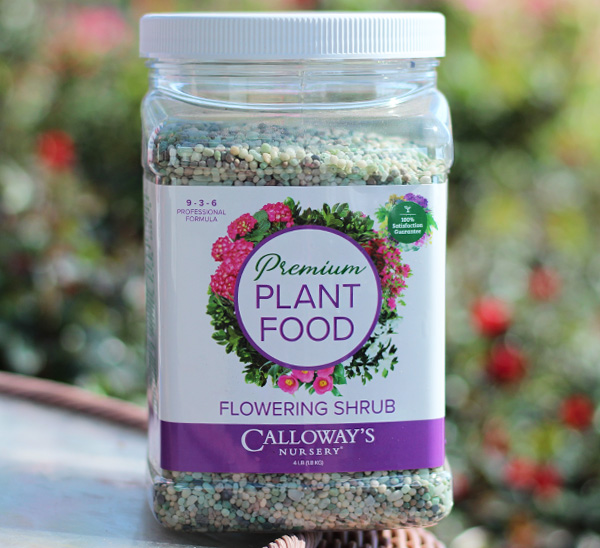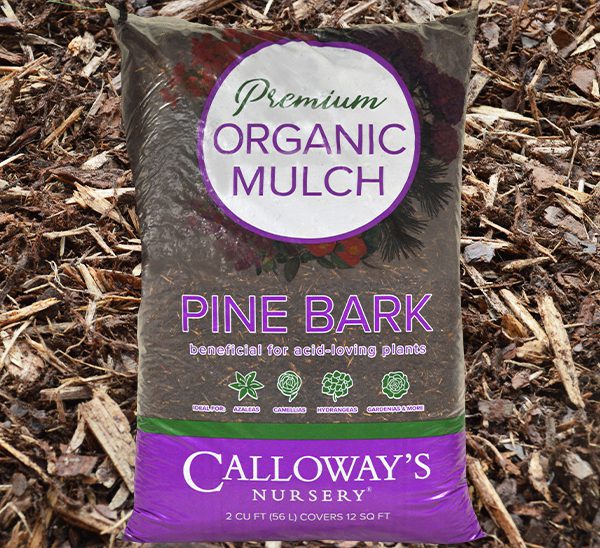Images provided by NetPS Plant Finder Tool
Red Ruffles Azalea
A lovely evergreen variety producing striking, bluish-red, frilly blooms in mid spring, creating impressive garden color; absolutely must have well-drained, highly acidic and organic soil.
Please contact your local store for product availability.
Find a garden center near you.
Plant Height: 36 in.
Spread: 36 in.
Evergreen: Yes
Plant Form: upright spreading
Summer Foliage Color: dark green
Minimum Sunlight: partial shade
Maximum Sunlight: full sun
Red Ruffles Azalea is covered in stunning clusters of red trumpet-shaped flowers with a dark red blotch at the ends of the branches in mid spring. It has dark green foliage. The narrow leaves remain dark green throughout the winter. The fruit is not ornamentally significant.
Red Ruffles Azalea is an open multi-stemmed evergreen shrub with an upright spreading habit of growth. Its relatively coarse texture can be used to stand it apart from other landscape plants with finer foliage.This is a relatively low maintenance shrub, and should only be pruned after flowering to avoid removing any of the current season's flowers. It has no significant negative characteristics.Red Ruffles Azalea is recommended for the following landscape applications;AccentMass PlantingGeneral Garden Use
Red Ruffles Azalea will grow to be about 3 feet tall at maturity, with a spread of 3 feet. It tends to be a little leggy, with a typical clearance of 1 foot from the ground. It grows at a slow rate, and under ideal conditions can be expected to live for 40 years or more.This shrub does best in full sun to partial shade. It requires an evenly moist well-drained soil for optimal growth, but will die in standing water. It is very fussy about its soil conditions and must have rich, acidic soils to ensure success, and is subject to chlorosis (yellowing) of the leaves in alkaline soils. It is somewhat tolerant of urban pollution, and will benefit from being planted in a relatively sheltered location. Consider applying a thick mulch around the root zone in winter to protect it in exposed locations or colder microclimates. This particular variety is an interspecific hybrid.
